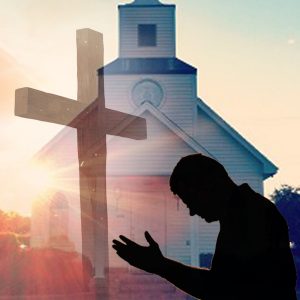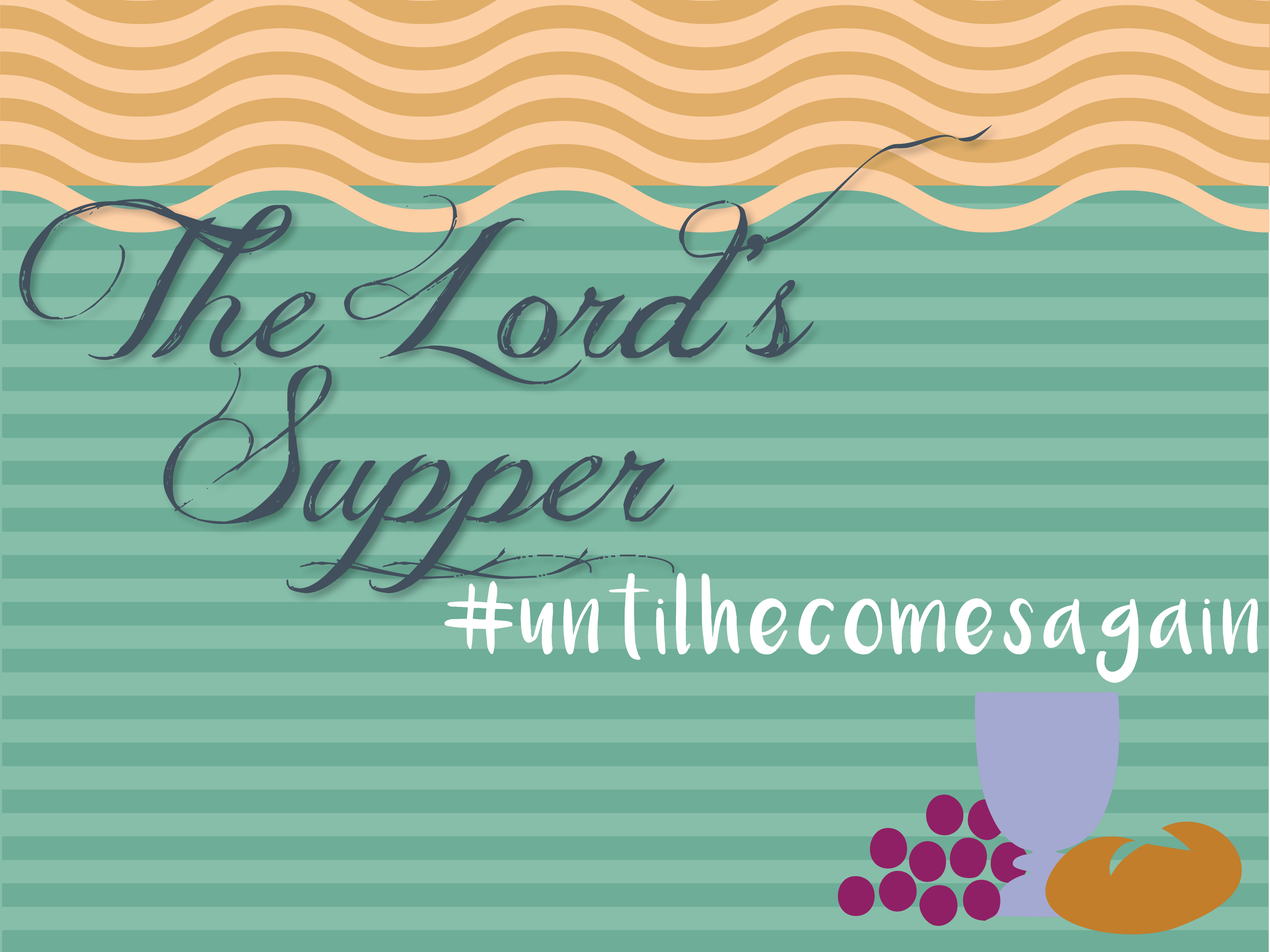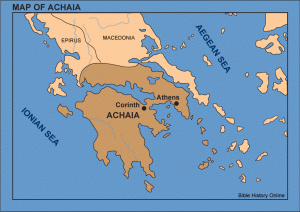
Communion, The Lord’s Supper, one of the two ordinances that Jesus left for the church to do until he comes again. But we easily miss the gravity of the ordinance in the tradition and the routine.
In Luke 22:15, we read that Jesus earnestly desired to eat the Passover meal with his disciples before his suffering. As Jesus knew what lay ahead, he longed for this final time of fellowship and teaching with his disciples and friends.
We easily miss the importance of sharing a meal in our rushed culture of microwave dinners and busy schedules. But Jesus knew the importance of eating with people, and it was even used as an accusation by the religious leaders (Mark 2:16).
But this meal was different, it was the most important meal he had ever shared with people. And it must not be overlooked that Jesus chose the Passover to be the last meal he ate before his crucifixion. Can you imagine, Jesus eating the sacrificed lamb with his disciples, knowing that this would be the last Passover that they would need to celebrate. Jesus was establishing the New Covenant. As Jesus eats the bread and drinks the cup, he knows that they will eternally be symbols of what he is about to suffer in the next few hours.
Luke 22:7-13 is all about preparation. Jesus sent Peter and John to go and prepare the meal. It is interesting to note that the two chosen for this important task were to be significant leaders of the church. Leaders who were willing to serve their brothers and sisters. When God gives you an assignment, never think that it is insignificant.
Jesus directed them to an upper room in a house that had been chosen before the foundations of the world. There was never an unplanned moment in the life of Jesus.
The disciples took time to prepare for the meal, and the question for us is how do we prepare to partake of the Lord’s supper? We celebrate communion once a month and we can easily slip into the routine and lose the significance of what we are doing.
In 1 Corinthians 11:29 Paul writes, “For anyone who eats and drinks without discerning the body eats and drinks judgment on himself.”
Discerning the body is not simply referring to the symbol of the bread and its significance. If you read the verses leading up to verse 29, Paul is reprimanding the church in Corinth because there are people who had been feasting when they got together and ignoring the poor and the hungry in their midst. The Lord’s Supper had become a form of segregation between the haves and the have nots. They were creating division, hurting relationships, acting selfishly, and self-righteously.
When Paul refers to discerning the body, I believe it means to discern the health of our relationships. How are we relating to one another as the body of Christ? Are we ignoring division and broken relationships? Verse 28 tells us to examine ourselves, allowing the Holy Spirit to bring conviction leading us to repentance and reconciliation. We need to ask ourselves, whether my relationships in the church, reflect the character of our lord and savior whom we represent (Matthew 5:23-24).
As the Passover meal progressed, the disciples reclined familiarly and began enjoying the evening together. But then Jesus began saying things that caused the atmosphere in the room to shift. Verse 15 ends with, “before I suffer” and then in verse 16 he says, “For I tell you I will not eat it until it is fulfilled in the kingdom of God.” Jesus is saying that on God’s calendar, there would be no more need for the prophetic picture of the Passover, it is being fulfilled in Jesus. Jesus points to the next feast, one that we are still waiting for. The marriage supper of the lamb that we see in Revelation 19. What a feast that will be.
Jesus goes on to institute what we know as the Lord’s supper in the following verses. There are two elements in the memorial celebration, and both are significant.
First Jesus took the bread and broke it saying, “This is my body, which is given for you. Do this in remembrance of me” Luke 22:19. The Bread broken symbolizes the body of Jesus that was beaten and broken by the Roman soldiers.
Notice that Jesus invites them into participation. He gave it to them, they had to reach out and take it. We too are invited to participate. The invitation to salvation is there, we need to reach out in faith and as we do that we individually say, “I am taking the benefits of Christs body for myself”. Furthermore, bread is nourishment, we are strengthened as we participate in the body of Christ. Feeding on his spiritual body nourishes our souls. The single loaf of bread is a picture of the unity that we have as the body of Christ (1 Corinthians 10:17).
Then we come to the cup, we read in Luke 22:20, “And likewise the cup after they had eaten, saying, “This cup that is poured out for you is the new covenant in my blood.”
The cup is the symbol of the blood of Jesus. In our sterile 21st century mindset, blood is not that meaningful. In fact, many people are sickened by the sight of blood and don’t like to talk about blood. But God instructed Moses to sprinkle the blood of the lamb on the book of the law and the people as He instituted the covenant with the Children of Israel. We read in Hebrews 9:22, “Indeed, under the law almost everything is purified with blood, and without the shedding of blood there is no forgiveness of sins.” Blood is a symbol of life.
The poured-out blood of Jesus established the new covenant. The covenant that we live under in the church age. That is why Jesus said in verse 20, “…This cup that is poured out for you is the new covenant in my blood.”
As we participate in Communion, let us remember that we are celebrating our salvation and declaring the Gospel.




